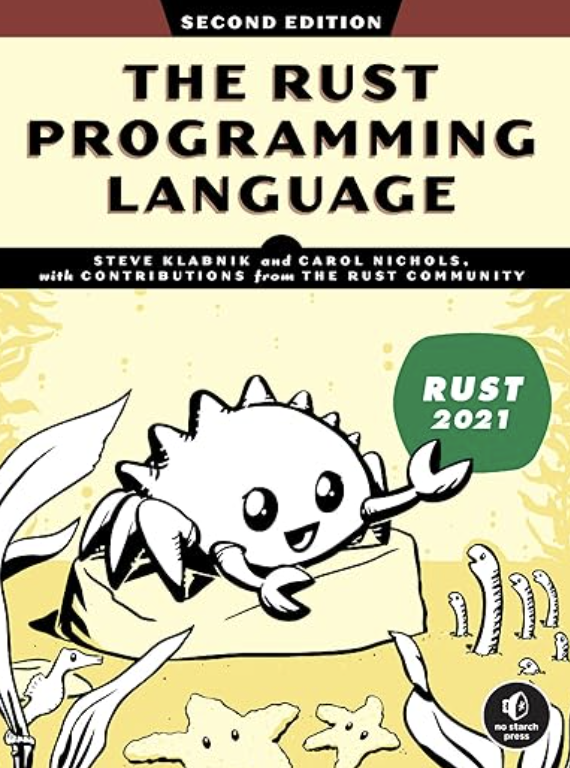Getting Started with Rust

Last year saw the push towards using safer programming languages. Languages such as C# and Rust, languages that help the developer avoid mistakes common to C and C++ (although there is a movement to make C++ safer to use).
It is time to take a look at Rust as a language and more specifically how easy it is to develop code that will run on a micrcontroller.
General Rust
The usual place to start is the The Rust Programming Language (Rust 2021) book.
There are also a number of online resources:
- Learn Rust web site
- The Rust Programming Language from the Rust Language organisation
- Rust by Example
- Ultimate Rust for Systems Programming
- Comprehensive Rust
Only time will tell how good these resources are.
Microcontroller Specific
Initial learning will be laptop based as it will be easier to gain familiarity with the language. It will certainly be quicker than the usual develop, deploy and debug cycle that slows down firmware development.
The eventual aim is to move over to development for microcontrollers, likely the ESP32 variants or Raspberry Pi Pico boards. With this in mind the following Rust and micrcontroller resources are looking like they will be useful:
The microcontroller part of the journey will look at using the ESP32C6 microcontroller as this is on the supported list for both the bare metal and IDF versions of the HALL (see below).
ESP Hardware Abstraction Layer (HAL)
Espressif have released two versions of the HAL one supporting the IDF framework and one for bare metal applications:
Installation and use is covered in the Rust on the ESP Book.
Let’s get started and see where this takes us.
Tags: ESP32, Pico, Raspberry Pi, Rust
Wednesday, October 1st, 2025 at 12:01 am • ESP32, Pico, Raspberry Pi, Rust • RSS 2.0 feed Both comments and pings are currently closed.
